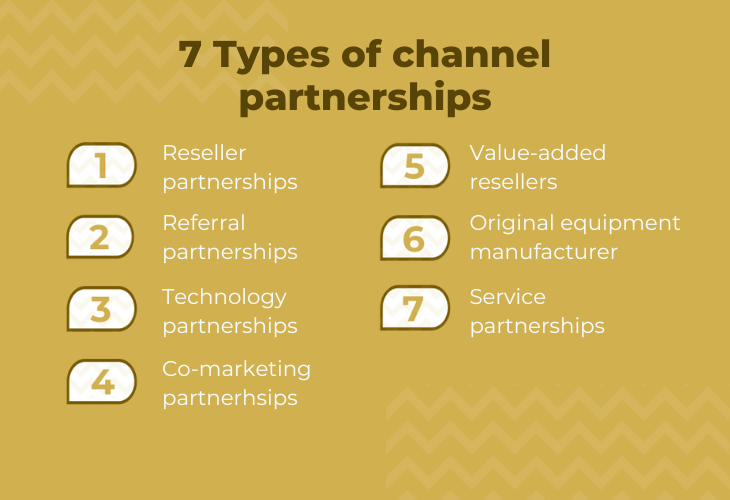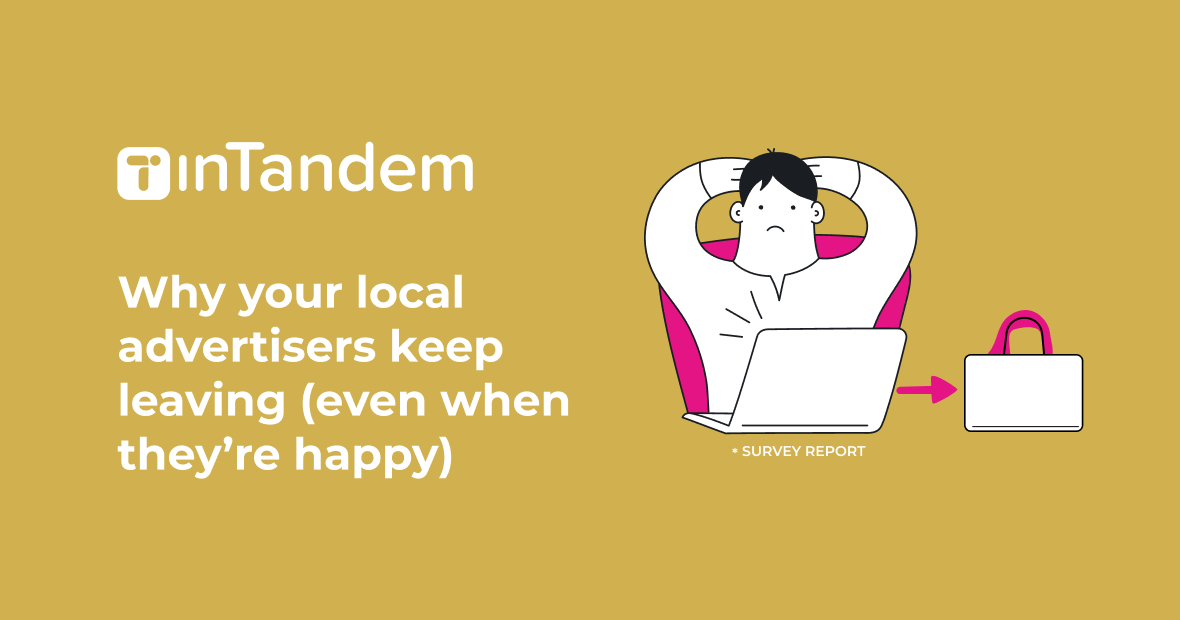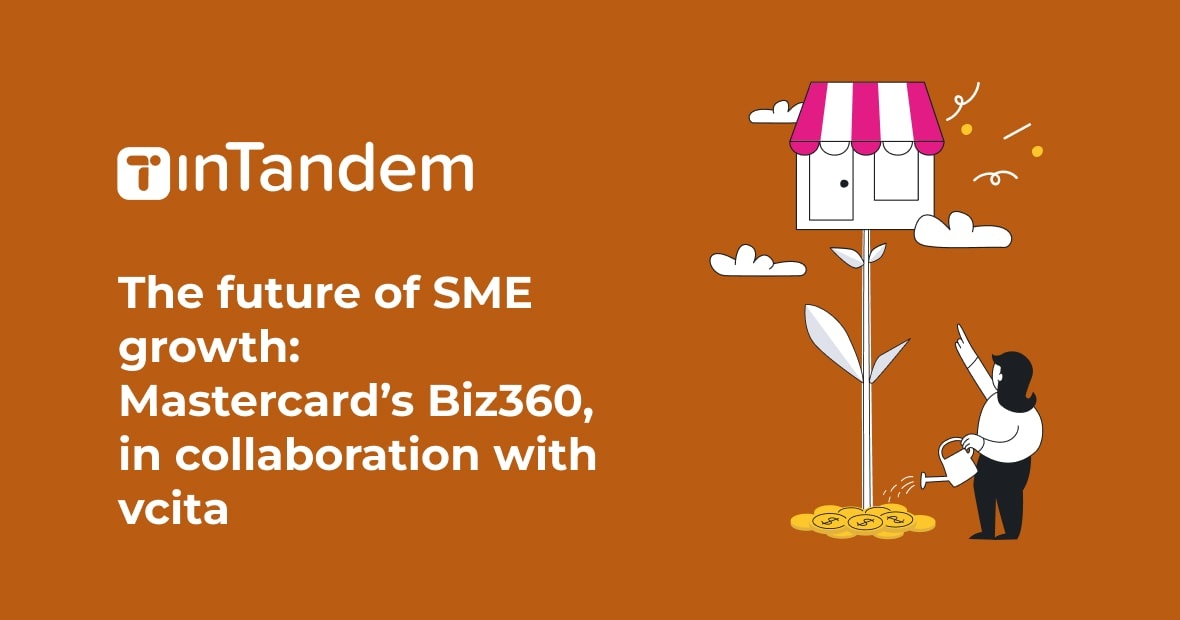For large organizations serving small business (SMB) clients, it’s vital to differentiate your business and successfully promote the unique solutions and services that you have to offer. Channel partnerships, a form of business partnership that is concerned specifically with distribution and sales, are an excellent way to achieve this.
In a channel partnership, one partner provides products or services which the other partner distributes to their clients. When managed correctly, channel partnerships deliver benefits to both partners: the providing partner gets access to a larger market, while the distributing partner receives unique products and services that strengthen their competitive advantage.
When you work with a SaaS provider as channel partners, you can leverage their specialized expertise and market reach to expand your market presence. The SaaS provider saves you the time and effort it would take you to develop your own tech solutions for your SMB customers. They bring scalable, innovative solutions that meet diverse customer needs, enhancing customer satisfaction and generating new revenue streams through bundled or integrated services.
This gives you, as the distribution partner, easy access to advanced technologies, improved customer support, and faster implementation of services, allowing you to offer tailored, cost-effective solutions to SMB customers. The right channel partnership can help you boost brand awareness, accelerate growth, and deliver a more robust value proposition to your clients.
7 channel partnerships that are sure to boost your business with your SMBs
| Partnership type | Description |
Benefits |
| Reseller partnership | The distributing partner resells products or services to their customers from the providing partner, keeping the profit margin. |
|
| Referral partnership | The distributing partner connects their contacts with the provider, receiving a commission for every successful referral. |
|
| Technology partnership | Both partners collaborate to create products/services that integrate both their areas of expertise. |
|
| Co-marketing partnership | Two brands work together to promote complementary products/services. |
|
| Value-added reseller (VAR) partnership | The distributing partner bundles their own expert products/services together with the provider’s solution. |
|
| Original equipment manufacturer (OEM) partnership | The distributing partner integrates the other partner’s products or components into their own solution. |
|
| Service partnership | The two partners collaborate to provide a package of complementary services. |
|
Before you jump into a channel partnership, it’s important to understand the different types of channel partnerships. Each one brings its own benefits. You need to weigh up the various types of channel partners so that you can choose one which best suits your customers’ needs, your business circumstances, and your type of company.
Here’s an overview of 7 popular types of channel partnerships, so you can decide which will be the best option for your organization.
Reseller partnerships
A reseller partnership is one of the simplest types of channel partnerships. It’s when you buy products or services from the providing partner, and then resell them to your customers and clients for a slightly higher price. You gain instant access to software solutions that your SMB customers can use to improve their operations and/or drive business growth. You don’t make any changes to the solution you’re offering, so you get to expand your value proposition for minimal effort. Additionally, you keep the profit margin, so you acquire another revenue stream that helps diversify your income sources.
Reseller partnerships are effective for SaaS and other software companies, and for digital service providers. For example, Microsoft works with local IT software resellers to sell its office and business solutions. Microsoft obtains access to local small business customers, and the IT resellers benefit from a stronger offering of business management tools, helping reinforce the value they bring to their customers.
Referral partnerships
A referral partnership is when you introduce the potential customer to the provider, and leave it to the other company to complete the sale. This way, you can offer enhanced value to your SMB clients and strengthen your client relationships by addressing broader business needs, but without fielding a full sales team. It also adds a new revenue stream because you’ll earn commission on every successful referral.
Referral partnerships are great for companies that don’t have the resources to manage the full sales cycle, but want to offer an enhanced range of business software solutions. It’s also good for any software and SaaS company that wants to access a broader market. For example, Dropbox has a referral program that rewards users for connecting new customers.

Technology partnerships
Technology partnerships, also called integration partnerships, are a more collaborative type of channel partnership. With technology partnerships, both partners combine their expertise to create an integrated offering of technological products and services. It allows them to bring increased value to their customers, while sharing the costs and resources involved in R&D.
Tech partnerships help ensure that your offering remains relevant, without having to develop your own features or software from scratch. For example, if you sell marketing automation software, you might partner with a CRM company to provide a holistic marketing automation and CRM solution. This is what Slack did when it integrated with Google Workspace to produce improved productivity tools.
Co-marketing partnerships
Co-marketing partnerships refer to two brands that collaborate to promote complementary products or services. In a co-marketing partnership, your individual solutions or strengths remain separate, unlike a tech partnership, but you market them together as a mutually beneficial combination that is stronger than the sum of its parts.
A co-marketing partnership helps to amplify each partner’s market reach. You share the costs involved in acquiring new customers, and get to leverage each partner’s audience to boost visibility and credibility. For example, HubSpot and LinkedIn joined in a co-marketing partnership, where they worked together on joint webinars and e-books that provide valuable marketing insights to their SMB target audience.
Value-added reseller partnerships (VARs)
A value-added reseller partnership, or VAR, is where you obtain a product or service from the provider, and then add your own expertise on top, which makes it different from a tech partnership where you develop a joint solution. You might bundle your platform with someone else’s tools, or offer your installation or management knowhow together with the provider’s solution.
These types of channel partners work well for software, hardware, and tech services companies, because you can use the partner’s offering to deliver more value to your existing clients. It also allows you to access new customers on the strength of your partner’s brand reputation. For example, Salesforce VAR resellers sell the Salesforce CRM to customers in specific industries, along with extensive training and implementation services.
Original equipment manufacturer (OEM) partnerships
An Original Equipment Manufacturer (OEM) partnership involves integrating the partner company’s finished products or components into your own products. You’ll use their experience to create your own unique, rebranded offering that brings more comprehensive and innovative solutions to your SMB customers.
An OEM partnership is an excellent way for organizations to enhance product offerings with advanced features, reduce development costs, and accelerate time-to-market. Many computer brands like Lenovo have an OEM partnership with antivirus software companies, so they can offer laptops with pre-installed antivirus software.
Service partnerships
A service partnership is when two companies collaborate to provide complementary services. It’s similar to a tech partnership, except that it involves services and not products. Each partner has expertise or specialized services in a different area. When they combine them, they can offer a more extensive integrated service package.
Choosing a service partnership is a great approach for organizations that provide services to SMB customers. It allows you to expand your service capabilities, improve customer support, and provide more comprehensive solutions, thereby increasing customer satisfaction and retention. This is what Zendesk does when it partners with consulting firms to deliver comprehensive customer service and support solutions.
Channel partnerships are vital for growth and revenue
Channel partnerships are a smart way for organizations that serve SMBs to increase customer satisfaction, attract more customers, and drive growth. Different types of channel partnerships bring different benefits, so you need to choose the one that best suits your business model and growth needs.
You might work with multiple types of channel partners at the same time, to meet different parallel business goals, or find that after a certain period of time with one type of partnership, your company needs something different. What matters is that you know what your organization needs from a partnership, you choose a channel partner that aligns with your goals, and that you and your partner both clearly understand what each of you are contributing to the partnership.



























